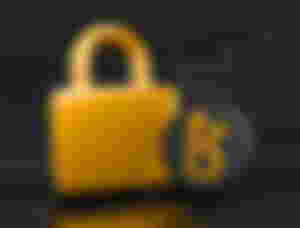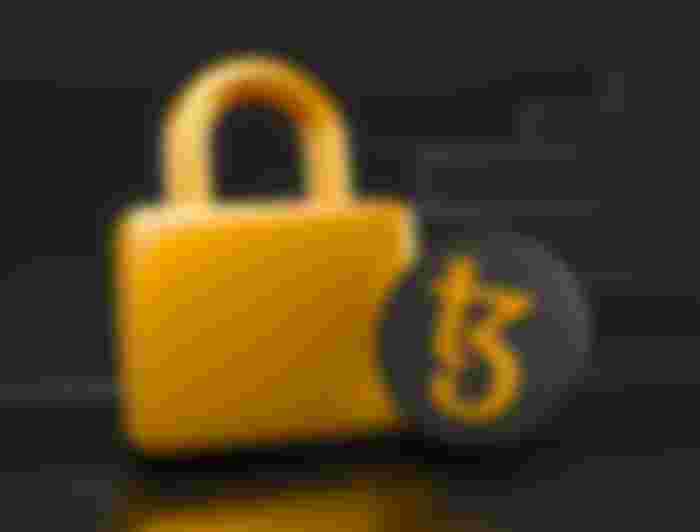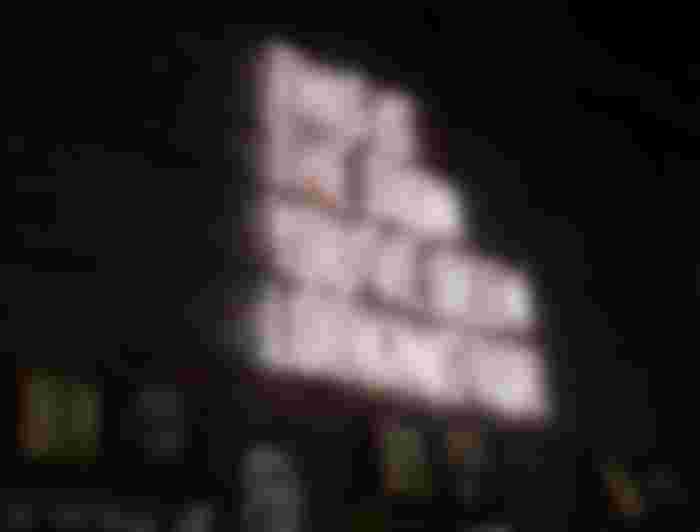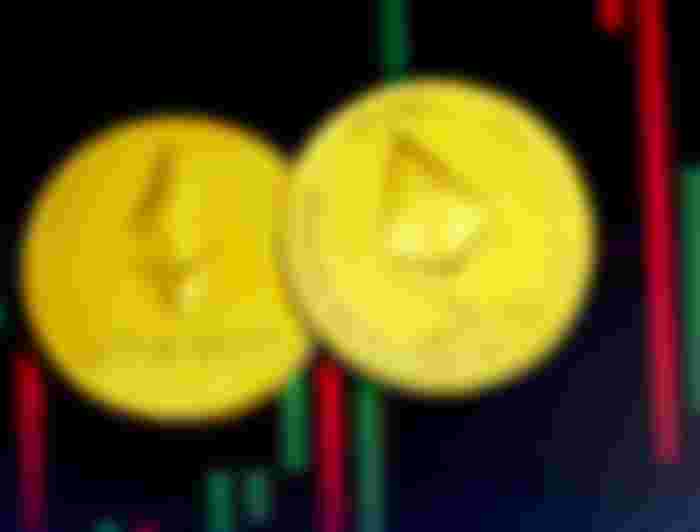The era of tokenization
What is Blockchain
Blockchain can be understood as a large ledger, unique and shared by all users simultaneously, in which all transactions are recorded, verified, and validated.

Records made on the blockchain cannot be changed, they are unique, universal and public to all users. It records all transactions that have already been carried out in its history, as well as checking the updated position of each user's assets, creating a database with the entire history of each asset and each transaction.
Some say that blockchain is the cash book of the Internet. Until the emergence of this technology, records on the internet were concentrated in centralized protocols and relied on the intermediaries of this network. Now, with the advent of blockchain, records are distributed among “n” validators, several collaborators who build the security and immutability of records on the network, so it tends to be a much safer ecosystem than a single and central server, because the information is decentralized and distributed on the network, creating an environment governed by an immutable protocol.
Blockchain is a chain of blocks, in which rigid protocols are executed through a decentralized network, in which each new block generated, based on new information, must be accepted by all other existing blocks, and must contain all the information present in the previous blocks, in order to guarantee the immutability and non-duplication of the data. Each block carries with it everything that happened before, in addition to the new information to be added, which must comply with the previous information contained in all blocks, to guarantee the authenticity of the information.
Take a 10 reais note and mark it with your fingerprint, then spend it. You will hardly know where this note will go, even with your fingerprint stamped on it. Imagine that you can record each transaction, and every time the note is transmitted to another person it will be scanned through your fingerprint and registered and that it will not be possible to skip a single record, as it is a requirement to use the note. You will be able to know exactly where this note is and how many people it has passed, even after 10 years of use. This is what blockchain provides, a unique, public record, guaranteeing the authenticity and exclusivity of the information that transits through it. Blockchain empowers users to be in control of all their information and transactions, making use of high-quality data that is complete, consistent, timely, accurate and widely available, durable, reliable, and long-lived.
Ribus provides the real estate market with the security and modernity of blockchain, bringing customers mechanisms to interact with this technology.

The era of tokenization
Tokenization represents the process of converting some form of asset into a token that can be moved, written, or stored on a blockchain network. In the near future, we will increasingly see the fusion of the concept of assets and tokens, as clearly the use of tokens is the natural evolution of the market, adapted to the interactions of the digital environment, with the delivery of accessibility and transparency of existing practices.
Tokenization promises to change the way asset classes are bought, sold, and rented, thus democratizing the process of owning. In this way, blockchain becomes a simple and optimized alternative for all markets and a unique way to share property, such as a real estate for example, because it eliminates bureaucracy, and facilitates the delivery of value and the movement of assets between the parties.
The market needs ideas, projects, and concepts that provide greater integration between service users, product purchasers, and modern technologies.
what are tokens
Tokens are digital representations that circulate through the blockchain, thus guaranteeing their uniqueness and transparency in transactions, being, therefore, unique and exclusive representations of real assets that can be traded in a digital environment.
Through tokens, the user can:
- Create a reserve of monetary values;
- Obtain the right to use a service;
- Have the right of ownership of a certain real asset;
- Be entitled to dividends;
- To have the right to vote in the decisions of a company.
These are just examples of a vast possibility of uses, which make them increasingly present in the daily lives of purchasers.

types of tokens
Utility tokens:
Used to provide digital access to an application or service;
Security tokens:
Represent ownership of a real asset, usually in the form of debt, real estate and stock;
Equity tokens:
They work like a traditional stock asset, representing a stake in a particular company.
According to the Savills Global Research Report titled “Trends in Global Real Estate Market in 2016”, the total market capitalization attributed to the global real estate market is approximately US$217 trillion, which is equivalent to approximately 2.7 times the global GDP. , 36 times the global gold mining (US$6 trillion) and accounts for 60% of the main assets, making real estate the best option in the economy for investments, whether for countries, companies, or individuals.
The token is the mediator vehicle for all types of interaction that takes place in the Ribus ecosystem, and will also be a facilitator of access to the consumption of goods and partners inserted in this environment. Understand that the Ribus platform is an environment focused on accessing products, services, and the real estate market.
Polygon?
Polygon Network is a Layer 2 scaling solution that achieves scale using sidechains for off-chain computing while ensuring asset security using the plasma framework and a decentralized network of Proof of Stake validators. PoS).
ERC-20 is nothing more than a smart contract that has a pre-established data structure. This framework is intended to facilitate the implementation of various functionalities in the Ethereum blockchain technology, making the creation work easier for developers.
the token as an “access card”, which allows the appropriation of these solutions present on the platform, being them, especially, the marketplace, especially disclosing opportunities for products and services with discounts.





It's good to see the booming of the token market. And the good thing is, many of them are doing good market. Not like 5 years ago when there used to be some shit tokens only and a handful of good one.